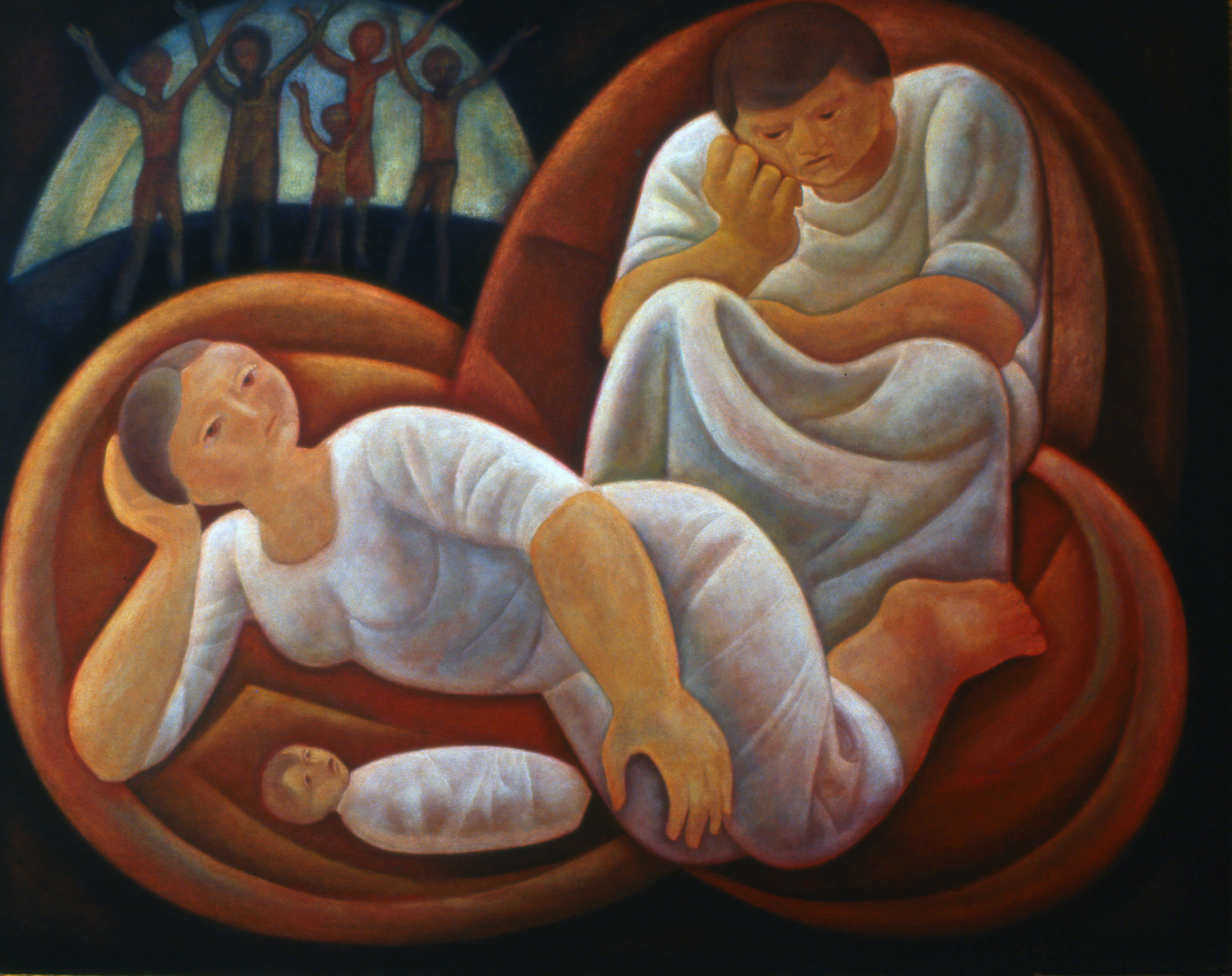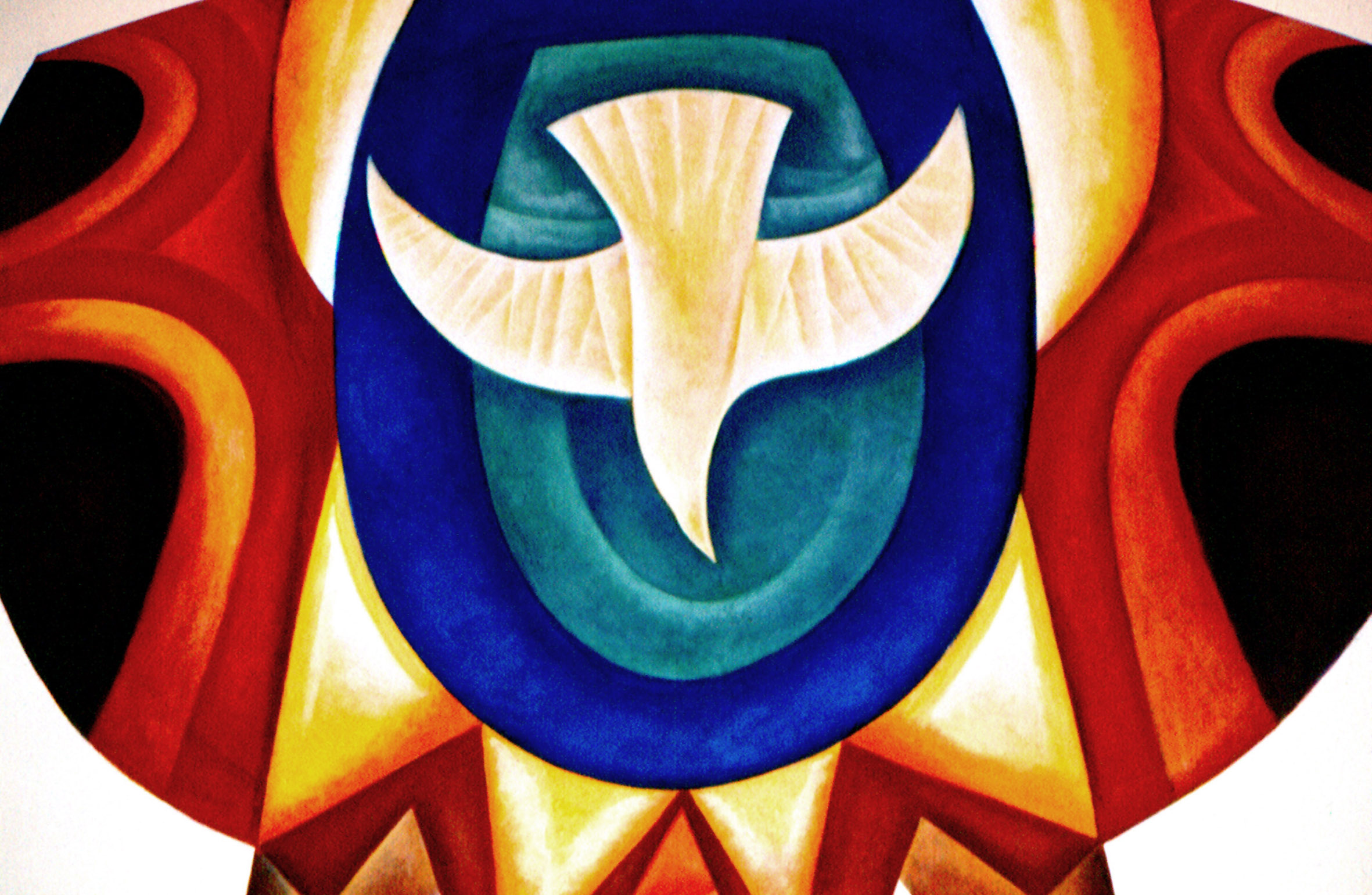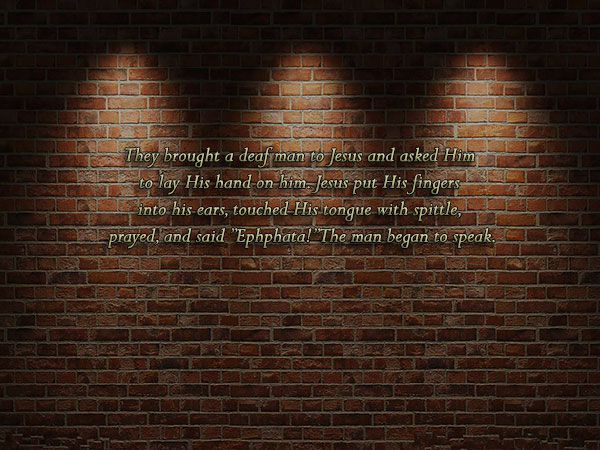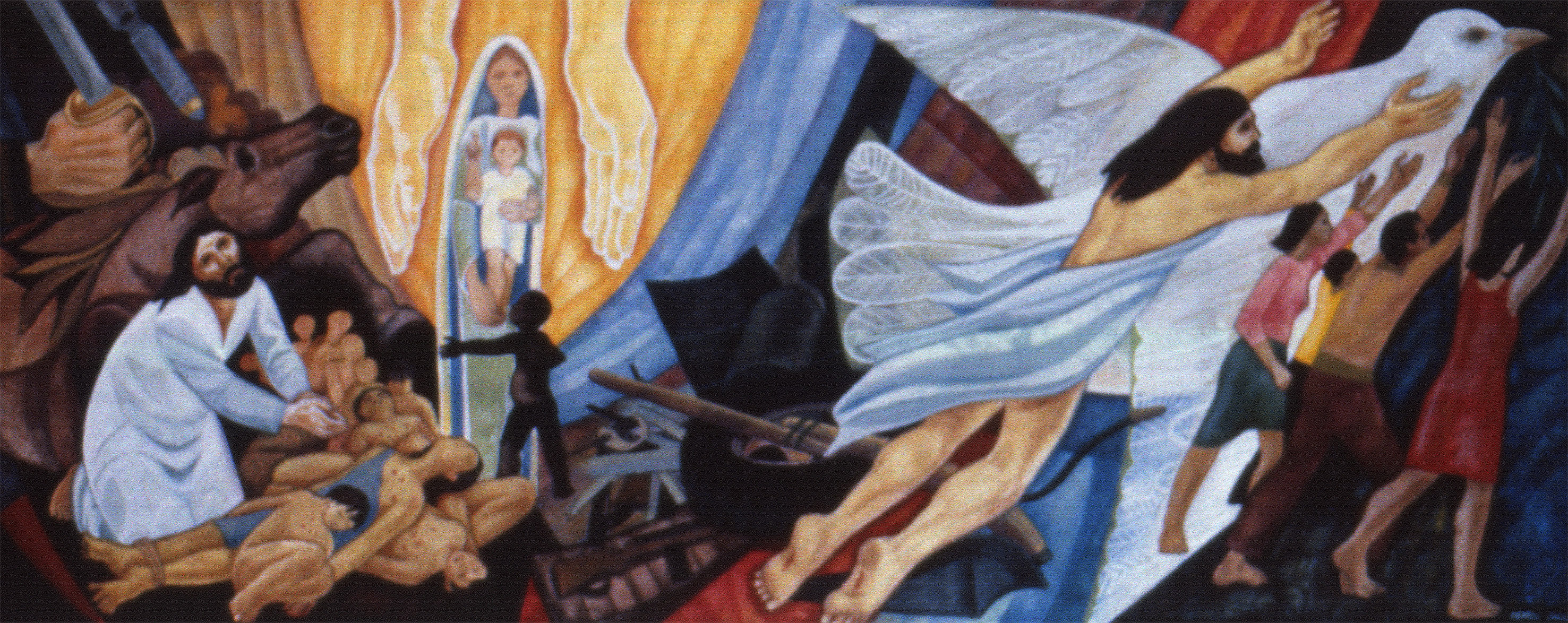
by Romano M. Bulatao, Ph.D.
In February 1986, the so-called EDSA Revolution (People’s Power I) broke out. This peaceful “revolution” was the result of the people’s power, arrived at through prayer and the conviction of the need for change. The revitalized hearts and minds of the Filipinos were united in advocating change. And there was a change of leadership as well.
Indeed, for a group of people to be without any form of leadership is inconceivable. This has been so since ancient times to the present. As a group, people have common goals and interests that primarily include the satisfaction of basic needs. The group achieves its well-being when the leader upholds the ideals that serve the interests of the people. In his Apostolic Exhortation, Evangelii Gaudium (EG), Pope Francis asserts that “It is the responsibility of the State to safeguard and promote the common good of Society. Based on the principles of subsidiarity and solidarity, and fully committed to political dialogue and consensus building, it plays a fundamental role, one which cannot be delegated, in working for the integral development of all. This role, at present, calls for profound social humility.” (EG, 240)
In the course of Philippine history, the political situation underwent significant changes. Some pivotal events in Philippine history demonstrated the people’s repeated struggle for freedom. Their experiences of oppression under the colonial powers unified them in their struggle towards independence. Most of the pivotal events in its history pertain to the people’s fight for justice and liberation. This fight dates back to the colonial experiences: 1) the Spanish regime for almost four centuries, 2) the American rule for about four decades, and 3) the Japanese occupation of more or less four years. From 1972 to 1981, the Philippines was under the rule of Martial Law. Considering all these struggles, there has been a periodical change of leadership.
Leadership is an essential factor in understanding the situation of a certain group, for when there are good leaders, good things happen. This means that behind any success is good leadership. History records show that the rise and fall of every nation and its leadership are inseparable. The status of every nation today is the product of the kind of leadership displayed in the past. It is not merely a question of the status of a nation or a group that makes leadership; it is primarily a question of leadership affecting a nation or group. Therefore, the question of leadership is very important, and its relevance needs to be properly understood.
The political situation and the people’s continued struggle to achieve freedom have brought a more profound unity. It is therefore not surprising that Edsa I in 1986 occurred. Edsa I is an example of a peaceful, orderly, and non-violent people’s uprising in the contemporary era. Most people worldwide admired how Filipinos peacefully and orderly responded to a chaotic political situation.
As a young independent nation, the Philippines is constantly struggling for a better life. Part of this struggle is the search for a new leadership that could help in the realization of justice and liberation. Each Filipino has the right to elect a leader in government positions. This right is clearly stipulated in Section1, Article V of the 1987 Philippine Constitution: “Suffrage may be exercised by all citizens of the Philippines not otherwise disqualified by law, who are at least eighteen years of age, and who shall have resided in the Philippines for at least one year, and in the place wherein they propose to vote, for at least six months immediately preceding the election. No literacy, property, or other substantive requirement shall be imposed on the exercise of suffrage.”
As regards the issue of leadership in the Philippines, the problem is both quantity and quality. “Quantity of leadership” means there seems to be a shortage of leaders. This may refer to the unclear understanding of nepotism and other seemingly anomalous political maneuvers. Also, talks about “quality of leadership” suggest that leaders should be prepared, skilled, knowledgeable, good managers, and most especially, moral persons.
As Christians, being critical about the events in our lives is important. We should be observant of our situation and think of ways to change to improve our people and our nation. But in every journey, it is equally important to look back and learn the values of the past. Pope Francis contends, “In her dialogue with the State and with society, the Church does not have solutions for every particular issue. Together with the various sectors of society, she supports those programmes which best respond to the dignity of each person and the common good. In doing this, she proposes in a clear way the fundamental values of human life and convictions which can then find expression in political activity.” (EG, 241)
It is essential to give value to history so that we may appreciate the sacrifices of people who, in their own way, have contributed to all the good things we enjoy today. At the same time, we need to learn the lessons of the past that made our lives miserable as a nation. As the saying goes, “history repeats itself,” which can be true if people do not “listen” to the spirit of the past! It is an invitation then to all, especially the young generation, to value history and not be swayed to the temptation to revise history by forgetting its very spirit.
In the case of Edsa I, it is but timely to consciously reminisce its true meaning as a nation and unite in KEEPING THE SPIRIT OF EDSA PEOPLE POWER REVOLUTION ALIVE! Thus, Edsa I is the historic event staged by the Filipino people on February 21-25, 1986. This was the “historic coming together of about two million Filipino people, not for a revolution as popularly known, but for preventing bloodbaths from taking place among fellow Filipinos. Everyone saw it as an opportunity to desist the Marcos dictatorial regime, which has stifled the aspiration of all our people.”
For the upcoming Philippine Mid-Term National and Local Elections, it is a challenge for all Filipinos to choose leaders who can and will truly serve the interest of the many. According to the Commission on Elections, about 20 million Filipinos from Generation Z are expected to cast their votes in the 2025 midterm polls. This means that the role of the youth is crucial in this upcoming election and other future elections! In his Post-Synodal Apostolic Exhortation, Christus Vivit (CV), Pope Francis announces that “You are the ‘now’ of God,” referring to the youth of the world. (CV, Chapter Three) He elaborates that “… we cannot just say that young people are the future of our world. They are its present; even now, they are helping to enrich it. Young people are no longer children. They are at a time of life when they begin to assume a number of responsibilities, sharing alongside adults in the growth of the family, society and the Church.” (CV, 64)
Furthermore, Pope Francis states that “Many young people are taken in by ideologies, used and exploited as cannon fodder or a strike force to destroy, terrify or ridicule others. Worse yet, many of them end up as individualists, hostile and distrustful of others; in this way, they become easy target for a brutal and destructive strategies of political groups or economic powers.” (CV, 73)
He also mentions that “The web and social networks have created a new way to communicate and bond. They provide an extraordinary opportunity for dialogue, encounter and exchange between persons, as well as access to information and knowledge. Moreover, the digital world is one of social and political engagements and active citizenship, and it can facilitate the circulation of independent information providing effective protection for the most vulnerable and publicizing violations of their rights.” (CV, 87)
The Pope cautions us that “there are huge economic interests operating in the digital world, capable of exercising forms of control as subtle as they are invasive, creating mechanisms for the manipulation of consciences and of democratic process. The proliferation of fake news is the expression of a culture that has lost its sense of truth and bends the facts to suit particular interests.” (CV, 89)
Indeed, KEEPING THE SPIRIT OF EDSA ALIVE is essential to all Filipinos, especially for our young people because the “now” and the future are definitely in your hands! Kudos to all the individuals and institutions who explicitly displayed how they value Philippine history and courageously expressed their solidarity with the Filipino people by KEEPING THE SPIRIT OF EDSA ALIVE!
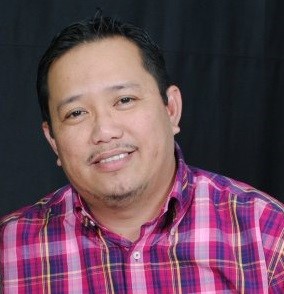
ROMANO MACARAEG BULATAO completed his Bachelor of Arts in Philosophy (AB Philo.) in 1990 at the Claret Formation Center (now, Saint Anthony Mary Claret College or SAMCC), Quezon City. He finished his Master of Arts in Religious Studies (MA Rel. Stds.) in 2003, and his Master of Arts in Philosophy (MA Philo., cum laude) in 2014, both at the Saint Louis University (SLU), Baguio City. Dr. Bulatao obtained his degree, Doctor of Philosophy (PhD) in Theology, Major in Missiology, at the SAMCC, Institute for Consecrated Life in Asia (ICLA), Quezon City, in 2021. From June 2006 to May 2009, he served as the Department Head of Religion at SLU, and a Professor in the same Department from AY 1996 – 2023. At present, Dr. Bulatao serves as the Assistant Director, at the Office of Student Affairs and Services. He is the Author of the books entitled Touching Thoughts A-Z, and Touching Thoughts on Creation A-Z, published in 2009 and printed in 2013 respectively, by the Claretian Publications. His latest published book is entitled Walking Together in the Care of Our Common Home, by the Claretian Publications in 2023. Dr. Bulatao is also the Translator of the Novena to Saint Anthony Mary Claret (from Pangasinan language to English) published in 2015; and the Novena kay San Antonio Maria Claret (from Pangasinan language to Filipino) published in 2020.


